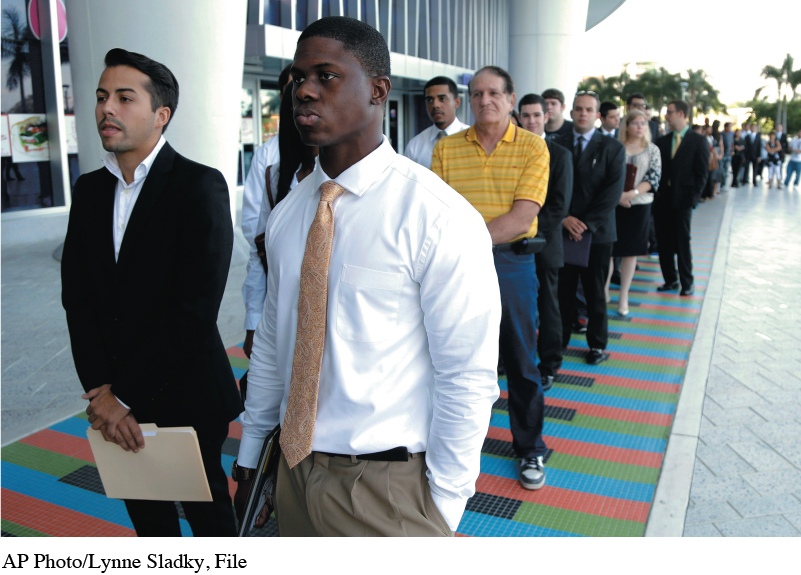Building the Right Mind-Set for the Future
Even after you have landed a job, you will be expected to continue learning and developing yourself. Whether you are preparing to enter a career for the first time or to change careers after many years on the job, keep in mind the following:

A College Degree Does Not Guarantee Employment If competition within a struggling economy isn’t enough, consider what it will be like competing with hundreds of other college graduates earning the same degree as you and graduating at the same time! With a college degree, however, more opportunities, financial and otherwise, will be available to you than if you do not have a degree. For those who pursue a degree and complete it, the payoff is substantial. On average, for example, Americans with bachelor’s degrees or higher make twice as much in annual income as those with a high school education or less.4
You Are, More or Less, Solely Responsible for Your Career Career development is a lifelong process, controlled only by you. Many employers offer some degree of training, and some might also offer assessments and information on available positions in the industry.
However, the ultimate task of creating a career path is yours. Students who realize that they are responsible for managing their careers actively throughout their lifetime will be more successful and more satisfied than those who think someone else will come along to manage things for them.
To Advance Your Career, You Must Accept the Risks That Accompany Employment and Plan for the Future Organizations grow or downsize in response to economic conditions, so you must do your best to prepare for the unexpected. As we have stated at several points in this book, perhaps the most vital skill you can gain in college is learning how to learn. Lifelong learning will help keep you employable and can provide you with many opportunities, regardless of the economy.
A First Career Choice Might Not Be Permanent College students often view the choice of a career as a monumental and irreversible decision. However, a career is based on your professional development decisions over a lifetime. No single right occupation is just waiting for you to discover it. Rather, many career choices could fulfill and satisfy you. The question to consider is this: What is the best choice for me right now?
Now for the good news: Hundreds of thousands of graduates find jobs every year, even in recessionary times. Some graduates might have to work longer to get where they want to be, but persistence pays off. If you start preparing now and continue to do so over the next few years in college, you’ll have time to build a portfolio of academic and co-curricular experiences—learning that occurs outside the classroom—that will begin to add substance to your career profile.
high-impact practice 2
Make Good Choices
Ponder Your Academic Major Choice
This week, find another student who has the same major as you. Ask that person his or her reasons for selecting this major. Does that person seem passionate about this major? Why or why not? Why did you choose this major? Are you excited or do you have a “ho-hum” attitude about it? Reflect on your choice of major in a journal entry.